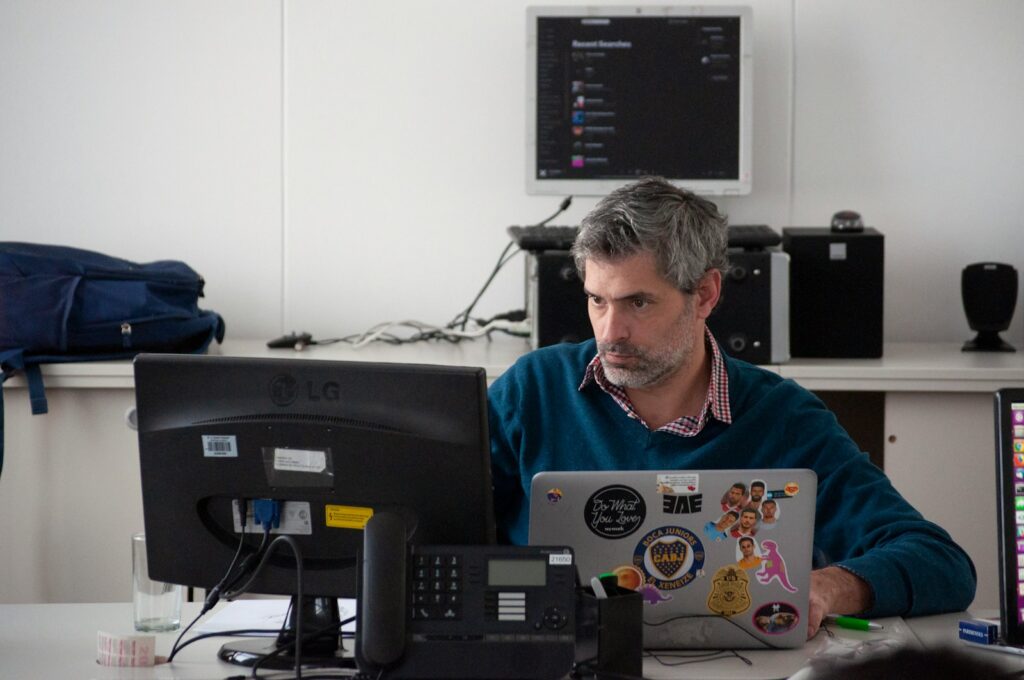
The American relationship with work, long idealized as a pathway to the “American dream” through relentless effort and sacrifice, is undergoing a profound and undeniable transformation. What once seemed an immutable truth—that productivity and ceaseless striving were the sole keys to success and fulfillment—is now being actively questioned, reshaped, and, in many cases, rejected by a significant portion of the workforce. This shift, far from being a fleeting trend, signals a fundamental re-evaluation of personal values, the role of labor in identity, and the very definition of a well-lived life.
This societal recalibration extends far beyond mere workplace grievances; it delves into the intricate interplay between economic pressures, evolving social expectations, and a collective yearning for a more sustainable and meaningful existence. While companies continue to wrestle with questions of employee engagement and output, an increasingly vocal sentiment has emerged, particularly among younger generations: the traditional “hustle culture” is unsustainable, unfulfilling, and ultimately detrimental to individual well-being. This article will explore the multifaceted dimensions of this significant cultural pivot, tracing its origins, manifestations, and the profound implications for the future of work in America.
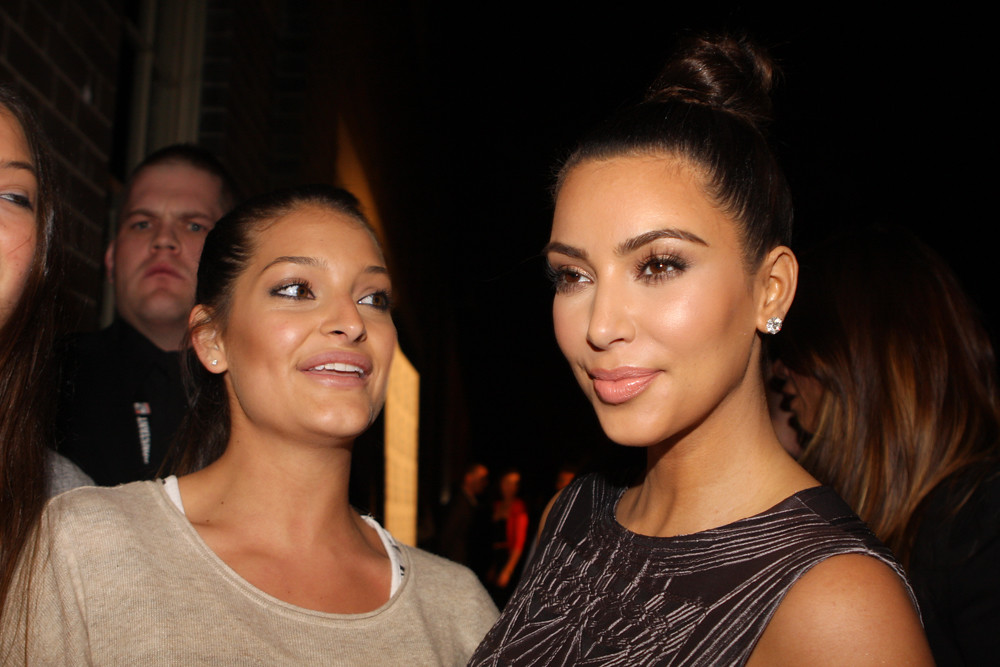
1. **The Shifting American Relationship to Work**: The notion that “no one really wants to work,” a sentiment famously echoed by Kim Kardashian and increasingly prevalent since the pandemic, encapsulates a stark reality: a significant portion of American workers are actively disengaging from the traditional work ethos. This isn’t merely a matter of laziness but a deep-seated reconsideration of the perceived contract between labor and reward. For about half of Americans, particularly younger workers, the promise of the American dream facilitated by hard work often feels like a “scrap heap of broken promises.”
This disillusionment marks a departure from historical norms where work was intrinsically linked to identity and purpose. The relentless pursuit of productivity, often at the expense of personal well-being, is being scrutinized, leading to a broader societal conversation about the true cost of constant striving. The context makes it clear that this isn’t just a vocal minority, but a substantial demographic shift impacting the very fabric of the American workforce. It suggests a re-evaluation of what constitutes a “good life” beyond mere material accumulation through endless labor.
The pandemic served as a catalyst, forcing many to confront the precarity of their situations and the often-unspoken demands of their employers. With remote work offering a glimpse into alternative lifestyles, the return to a demanding, all-consuming work culture became less appealing. This period of reflection illuminated the often-fragile balance between professional obligations and personal fulfillment, catalyzing a collective desire for a more equitable and human-centered approach to labor.
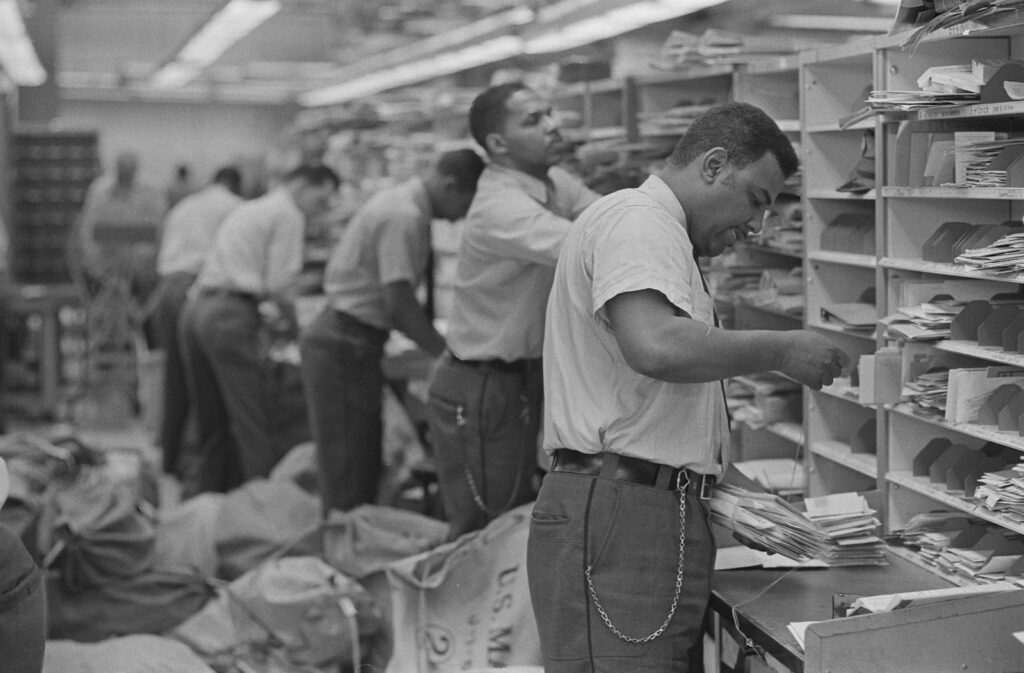
2. **Pervasive Job Dissatisfaction Beyond the Paycheck**: A new Pew Research Center survey reveals a startling landscape of dissatisfaction among American workers. Only 51% report being “extremely or very satisfied” with their jobs overall, with the same meager percentage finding contentment in their day-to-day tasks. This figure plummets further when examining specific aspects of employment: benefits, pay, training and development, and opportunities for promotion all receive even lower levels of high satisfaction. This comprehensive dissatisfaction points to systemic issues rather than isolated grievances.
The problem transcends mere compensation, indicating a deeper malaise regarding career trajectory and professional growth. While salary is a critical component of job satisfaction, the data suggests that even competitive pay might not be enough to offset a lack of meaningful development or clear pathways for advancement. This broad discontent highlights a disconnect between employee expectations and employer offerings, fostering an environment where many feel stagnant or undervalued.
Gallup’s own findings reinforce this narrative, with only 18% of Americans “extremely satisfied” with their jobs, a notable decline from 26% pre-pandemic. This erosion of happiness at work is attributed to several factors, including ongoing workplace disruptions and a significant mismatch between what employees now expect and what employers are prepared to offer. It suggests that the traditional employer-employee dynamic is no longer serving the needs of a substantial portion of the workforce, prompting a re-evaluation of foundational workplace principles.

3. **The Decline of Work as a Core Identity**: Perhaps one of the most revealing indicators of this paradigm shift is the diminishing importance of work to an individual’s overall identity. The Pew survey illustrates this vividly: only about four in ten workers (39%) who are not self-employed consider their job or career “extremely or very important to their overall identity.” A significant 34% deem it “somewhat important,” while a striking 27% say “it’s not too or not at all important.” This represents a profound break from the long-held cultural narrative that one’s profession defines a person.
This detachment from work as a primary identifier signals a recalibration of personal values, where individuals are increasingly seeking fulfillment and meaning outside their professional lives. The historical conflation of self-worth with occupational achievement is being challenged, suggesting a movement towards a more holistic understanding of identity that encompasses relationships, hobbies, and personal growth beyond the confines of the workplace. This intellectual shift has significant implications for how individuals approach their careers and how companies attempt to foster loyalty.
The “air of work malaise” described in the context has evolved into a tangible concern, moving beyond mere quarterly business reports to become a societal issue. When a job no longer contributes significantly to an individual’s sense of self, the motivation to “go above and beyond” naturally diminishes. This phenomenon underscores a broader cultural trend where personal well-being and a diverse sense of identity are taking precedence over the singular pursuit of career-defined success, influencing everything from career choices to daily engagement.

4. **The Emergence of “Anti-Work” Phenomena: Quiet Quitting and Beyond**: The palpable discontent with traditional work structures has given rise to a suite of behaviors and movements collectively termed “anti-work.” “Quiet quitting,” a term that gained viral traction on social media, particularly TikTok, exemplifies this shift. It is not about leaving a job entirely, but rather about “simply doing the bare minimum,” refusing to exceed job descriptions without fair compensation or to sacrifice personal well-being for organizational demands. This trend highlights a conscious decision by employees to set boundaries and reclaim their personal lives.
Beyond quiet quitting, the context also references “bare minimum Monday” and a broader “anti-work movement,” sometimes manifesting as workers outright “handing in their badges.” The “Great Resignation,” initially characterized by workers seeking better opportunities in a buoyant job market, has reportedly morphed into “the Great Remorse,” suggesting that the churn of jobs did not always lead to the promised land of fulfillment. These movements collectively reflect a pervasive feeling that American workers are not only widely dissatisfied but also unsure of how to meaningfully change their fortunes.
A ResumeBuilder.com survey indicated that 21% of working Americans admit to doing the bare minimum, with another 5% doing even less than paid for. One-third of respondents also reported reducing their weekly work hours by more than 50%. This quantitative evidence underscores the widespread adoption of these anti-work philosophies. Zaid Khan, a software developer whose TikTok video popularized quiet quitting, articulated the core sentiment: “Overworking only gets you so far in corporate America,” and “mental and physical health really takes a backseat to productivity.” For many, these practices are a direct response to burnout, a means of self-preservation in demanding environments.

5. **Generational Divides in Workplace Happiness**: The landscape of job satisfaction is not uniform across all demographics; it reveals significant generational disparities. The Pew survey indicates a clear inverse relationship between age and job satisfaction: two-thirds of workers aged 65 and older report being “extremely or very satisfied” with their jobs. This figure declines progressively with younger age groups: 55% for those 50 to 64, 51% for those 30 to 49, and a notably low 44% for the 18 to 29 demographic. Older workers consistently express higher satisfaction with relationships with managers, day-to-day tasks, and promotion opportunities.
This generational gap suggests that younger workers, particularly Gen Z, are at the forefront of the anti-work movement. While older generations may have internalized the traditional work ethic, or perhaps have had more time to ascend to roles that offer greater satisfaction and autonomy, younger workers appear to be experiencing a pronounced disconnect. This is evident in their public declarations on platforms like TikTok, where users are “publicly quitting” or engaging in “anti-capitalist rants,” asserting that they “don’t dream of labor.”
The implications of this divide are substantial for organizations. Companies must grapple with understanding and addressing the unique expectations and disillusionments of their younger workforce, who are less willing to accept the status quo. The experience of older workers, who find more enjoyment and fulfillment in their jobs “all or most of the time,” offers a contrast that highlights the evolving nature of workplace expectations across different age cohorts. This disparity necessitates tailored approaches to employee engagement and retention, recognizing that a one-size-fits-all strategy is increasingly ineffective.
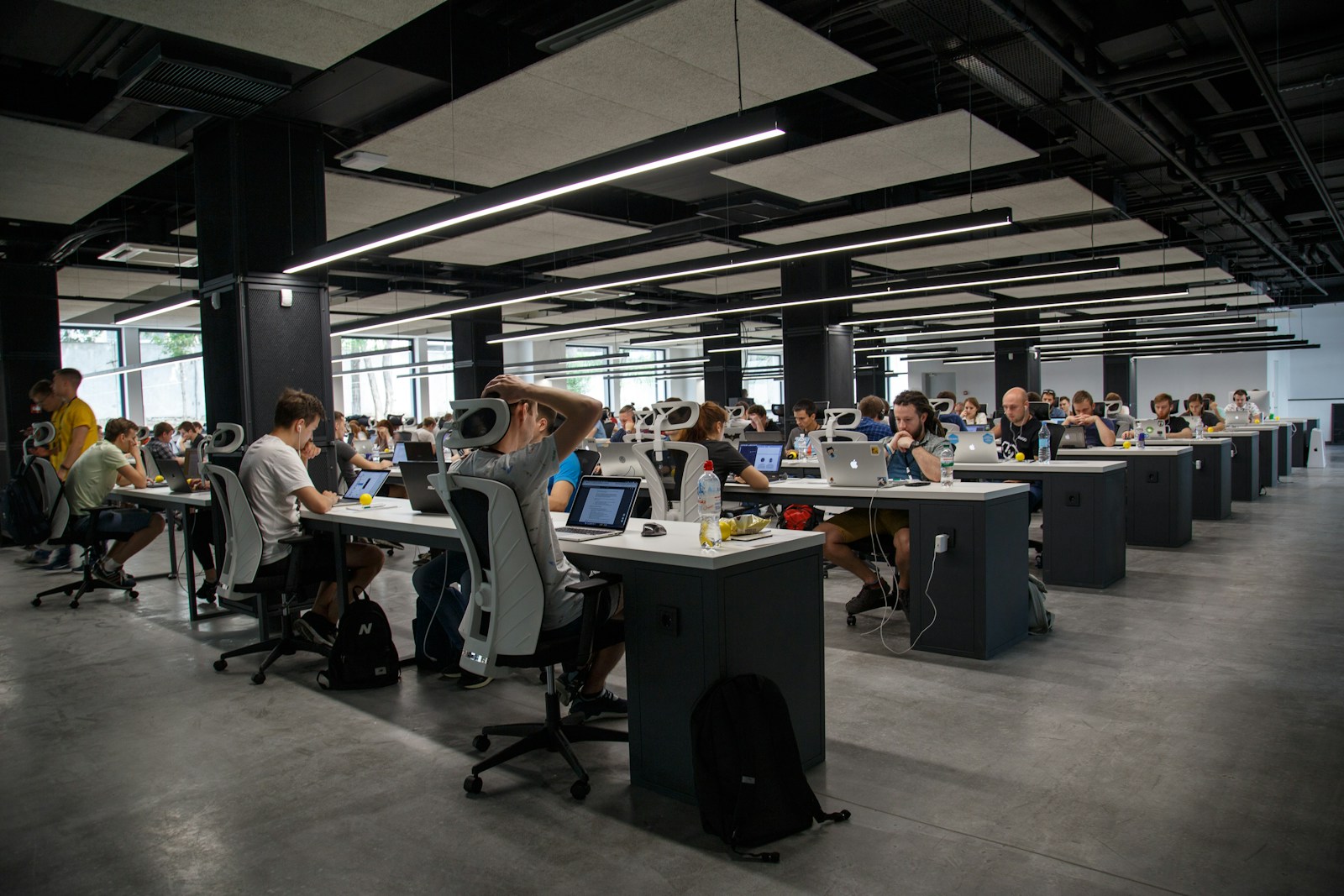
6. **The Anti-Hustle Culture: A Counter-Movement Emerges**: In stark contrast to the decades-long glorification of the “hustle-and-grind” mindset, a potent counter-movement, dubbed “anti-hustle culture,” has firmly taken root. This isn’t merely a rejection of hard work, but a fundamental challenge to the notion that success must come at the expense of personal well-being. The pervasive pressure to constantly outperform, to take on side gigs, and to sacrifice leisure for the grind has left many feeling exhausted and fundamentally dissatisfied, signaling a broader societal recalibration of priorities.
The narrative of the “hustle culture” has been meticulously built through social media, where gurus preach continuous striving. However, this lifestyle, while yielding financial rewards for some, often exacts a heavy toll on physical and mental health. The anti-hustle movement is a direct response to this unsustainable model, advocating for a more balanced and humane approach to work and life. It’s a redefinition of success, where well-being, time, and happiness are increasingly valued over traditional metrics like endless achievement and material wealth.
The rise of this culture reflects a growing realization that constant hustling leads to burnout, a phenomenon reaching alarming levels. People are recognizing that such an intense pace is simply “unsustainable.” This paradigm shift signifies a collective awakening to the profound impact of overworking on individuals’ lives, urging a move away from the relentless pursuit of external validation through labor and towards an internal focus on health and contentment. The movement isn’t against ambition, but rather against the unhealthy, all-consuming form it has often taken.

7. **The Burnout Epidemic and Loss of Work-Life Balance**: One of the most immediate and devastating consequences of the entrenched hustle culture is the widespread “burnout epidemic.” Chronic stress and exhaustion have reached alarming levels across the workforce, leading many to the undeniable conclusion that “constant hustling is unsustainable.” This pervasive state of physical and emotional depletion is not merely a personal failing but a systemic outcome of an economic and cultural environment that prioritizes relentless productivity above all else.
The glorification of overworking inherently leads to a profound “loss of work-life balance.” When personal lives, relationships, hobbies, and essential self-care are consistently sidelined in the pursuit of professional advancement, the human cost becomes immense. The context highlights that “hustle, without the balance of well-being, operates like a volatile stock: the initial gains can be impressive, but the inevitable crash is costly.” This analogy perfectly captures the short-sighted nature of a culture that sacrifices long-term sustainability for immediate, often fleeting, gains.
Research in positive psychology, as cited in the context through Shawn Achor’s “The Happiness Advantage,” consistently demonstrates that “happiness is not a byproduct of success but a precursor to it.” This intellectual insight directly contradicts the “I’ll be happy when…” mindset that fuels hustle culture, where well-being is continually deferred to an undefined future. The current environment, marked by an acute awareness of burnout and the erosion of personal life, is compelling individuals and organizations to fundamentally rethink these damaging assumptions and prioritize sustainable well-being as a foundational element of true success.
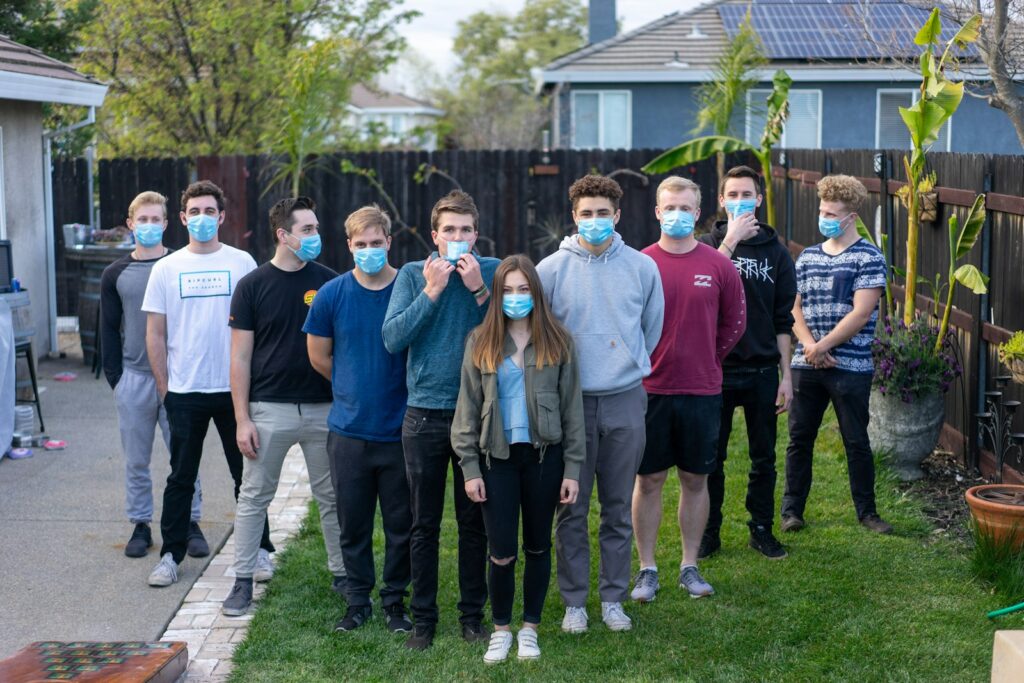
8. **Post-Pandemic Reflections and Evolving Employee Expectations**: The seismic shifts experienced during the COVID-19 pandemic served as a profound catalyst for a collective re-evaluation of priorities, fundamentally altering the American worker’s relationship with their profession. With the forced imposition of remote work and the unsettling realization of life’s fragility, many were afforded an unprecedented glimpse into alternative lifestyles, marked by slower paces and a renewed emphasis on personal well-being. This period of intense reflection rendered the pre-pandemic “hustle culture” significantly less appealing, sparking a desire for a more balanced and sustainable approach to daily life.
This introspective period directly fueled a transformation in employee expectations, as the traditional contract between employer and employee began to fray under the weight of new demands. Gallup researchers, observing this dynamic, note that “work-life balance and better compensation packages became more important to employees, along with expectations for remote work flexibility.” This indicates a fundamental recalibration, where factors beyond mere salary—such as autonomy over one’s schedule and the integration of personal life with professional duties—moved to the forefront of worker considerations.
The consequence of this evolving mindset is a growing “mismatch between what employees expect and what employers offer,” a disconnect that leaves employees “feeling undervalued and questioning their future.” Furthermore, workers themselves are confronting new pressures, with a majority—56%—reporting changes in customer expectations since the pandemic, noting that customers are “more demanding today.” This dual pressure, from within (changing personal values) and without (increased customer demands), exacerbates the feeling of being overwhelmed and undervalued, contributing significantly to the broader workplace discontent.
9. **The Clarity Crisis: When Expectations Go Unmet**: A core tenet of workplace fulfillment, the clear understanding of one’s role and its impact, appears to be deeply eroded across many American organizations, leading to what can be described as a profound “clarity crisis.” Gallup’s research illuminates this alarming trend, revealing that “just 45% of workers say they know what’s expected of them at work,” a figure alarmingly “at or near series lows since 2007.” This lack of foundational clarity creates an environment rife with ambiguity, where individuals struggle to define their contributions or measure their success.
This systemic issue is further compounded by the disproportionate impact of recent workplace disruptions, such as team restructures and layoffs, on middle management. These crucial intermediaries, now burdened with “more work with fewer resources,” often lack the capacity or tools to effectively communicate expectations downwards. Simultaneously, leaders within these organizations exhibit “little confidence in their performance management systems,” indicating a widespread institutional failing to clarify roles, recognize achievements, or foster employee development.
The absence of clear expectations extends beyond mere task lists; it directly impairs an employee’s connection to the larger organizational mission. Only “30% feel the mission of their company makes them feel like their job is important,” another metric “at or near series lows since 2007.” Without a discernible link between daily tasks and a greater purpose, employees, particularly younger workers, new hires, hybrid workers, and white-collar professionals, are left feeling adrift and disconnected. This intellectual void undermines internal motivation, making it difficult for individuals to perceive their work as meaningful or impactful.
The journey into “The Art of ‘Un-Doing'” has revealed a profound societal shift, where the relentless pursuit of productivity is giving way to a more thoughtful, human-centered approach to work. It is a nuanced landscape, marked by genuine dissatisfaction for many, but also by surprising resilience and evolving definitions of success. As individuals and organizations alike navigate this complex terrain, the challenge lies in fostering environments where clarity, purpose, well-being, and respect are not just aspirations, but foundational pillars. By embracing these principles, we can move beyond the unproductive grind and rediscover the intrinsic value of work, transforming it into a source of sustainable happiness and fulfillment for all.

